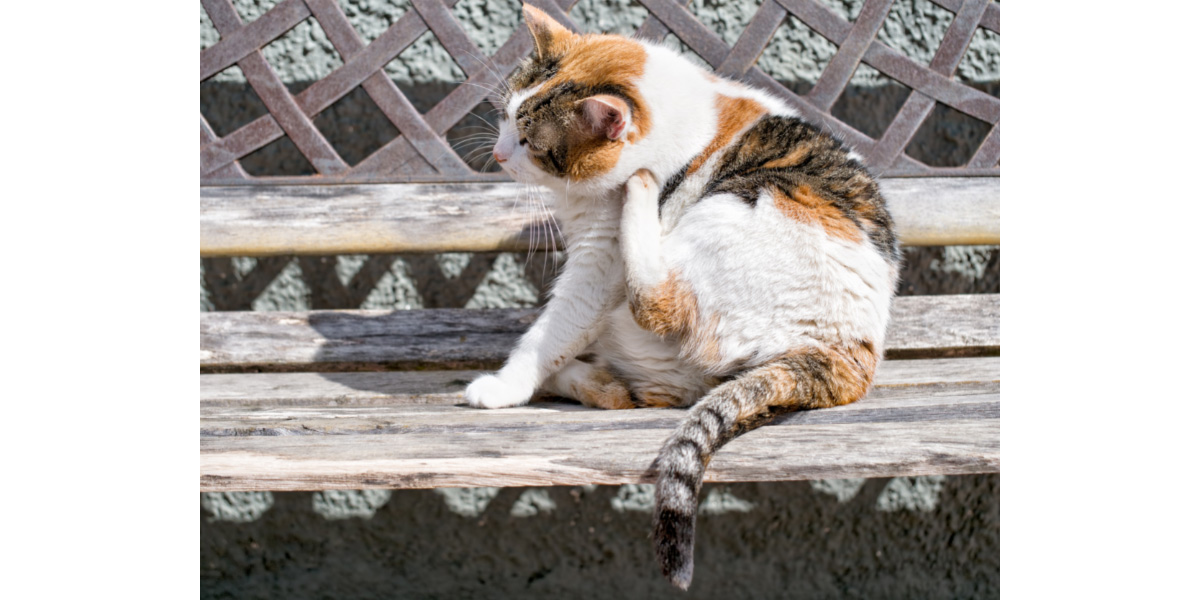
Save 35% with AutoShipUse code SAVE35 (Up to $20 max. Exclusions apply)

SAVE AN EXTRA $5 - $20 OFFUse code PETS in cart (Exclusions apply)

While efforts are made to answer all questions as quickly as possible, if an immediate answer is required or if your pet is in need of urgent or emergency care, contact your pet's veterinarian immediately.

You will receive an answer from Dr. Lindsay and our vet/tech team as soon as possible, usually the same day.
All answers are provided for informational or educational purposes only, and are intended to be a supplement to, and not a substitute for, the expertise and professional judgment of your pet's veterinarian.
It may be necessary to consult your pet's veterinarian regarding the applicability of any opinions or recommendations with respect to your pet's symptoms or medical condition.
Close
An error has occurred, please reload the page and try again.
CloseWhile efforts are made to answer all questions as quickly as possible, if an immediate answer is required or if your pet is in need of urgent or emergency care, contact your pet's veterinarian immediately.
There is no answer related to your question

Most of us are familiar with lupus, an autoimmune disease that causes inflammation throughout the body. Lupus affects humans, dogs, and, less commonly, cats, though the condition may be underdiagnosed in our feline friends.
Cats can’t tell us where they’re hurting, and they tend to hide signs of pain. It’s up to us to take action when something’s just not right - and be their advocate when it comes to diagnosis and treatment.
In honor of Lupus Awareness Month, learn how lupus can affect cats, what symptoms to look for, and how this chronic condition can be managed to help cats with lupus experience symptom relief and even achieve remission.
Your cat’s immune system is made up of specialized cells that recognize, target, and attack pathogens that cause illness and infection. In cats with lupus, the immune system mistakenly targets the body’s cells, causing inflammation that can affect any part of the body.
Cats are primarily affected by two types of lupus. The type that cats are diagnosed with most often is systemic lupus erythematosus (systemic or whole-body lupus) or SLE.
Rarely, cats can develop discoid lupus erythematosus (skin type lupus) or DLE. DLE only affects the skin, does not cause systemic issues, and is not usually life-threatening.
It’s not known why some cats develop lupus, or what can trigger it. There may be a genetic factor, as the condition is more common in certain breeds including Himalayan, Persian, and Siamese breeds. Though lupus in humans is much more common in females, there does not seem to be a correlation with gender when it comes to cats.
The symptoms that indicate lupus in cats can be similar to other autoimmune conditions and skin disorders.
About 60% of cats with SLE experience skin-related symptoms. In both cats affected by DLE and SLE, there may be visible skin issues like redness, crusty, scaly rashes, itching, and hair loss. Skin issues usually show up on the face and ears, and often take on a symmetrical, butterfly shaped appearance. Sun exposure seems to trigger or worsen skin issues.
Cats with SLE can experience a wide range of inflammatory issues that change over time. Symptoms can appear suddenly or develop gradually.
Symptoms of SLE (Systemic) Lupus in Cats include:
Lupus in cats can lead to glomerulonephritis, a serious condition where there’s inflammation in the glomeruli, tiny blood vessels in the kidneys that filter wastes from the blood. When the kidneys are unable to function properly, there can be protein detected in the urine. Extra fluid can accumulate in the body, causing shortness of breath and abdominal swelling.
Though symptoms of lupus can be complex, painful, and life-threatening, treatment is possible. Once your cat has been diagnosed, you and your veterinarian can work towards controlling inflammation and lowering the overactive immune system response.
Treatment for cats with lupus usually involves the use of corticosteroids and other immunosuppressants to manage the immune system response that causes inflammation in the body.
While cats with lupus generally respond well to immunosuppressant drugs, these medications can make them more susceptible to infections, including urinary tract, skin, and upper respiratory infections, especially if they spend time around other cats in places like boarding facilities and grooming salons. Antibiotics may be needed to treat secondary infections.
Lupus in cats is a lifelong disease, and unfortunately, there is no cure. Every cat is different, and those with DLE or skin lupus may experience little to no pain, while those with advanced SLE may experience life-threatening complications.
Even so, emerging research and new treatment options are making remission possible for more and more cats with lupus. Special diets to protect kidney function and reduce inflammation can be helpful.
Simple lifestyle changes like avoiding sunny windows, giving inflammation-fighting supplements like omega-3 fatty acids and vitamin E, and maintaining a healthy weight can help prevent flare-ups.
Though the prognosis for cats with SLE is guarded, and complications like infections and kidney damage can be incredibly challenging, every cat is different. Long months of remission can be achieved, and in cats that are treated successfully without damage to internal organs, a relatively normal, healthy life is possible.
VISION
Every pet deserves to live a long, happy, healthy life.
 Swipe
Swipe